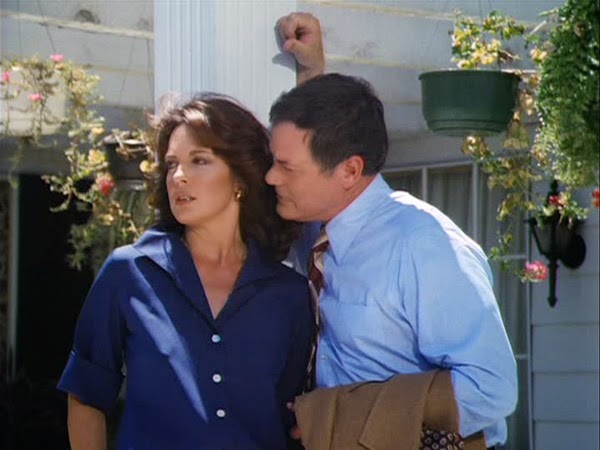

Newspapers at the time reported that more than 1,000 babies born in Montreal in the '40’s and '50’s were sold to families in Canada and the United States.

But now Segal and her fellow adoptees want the story told. It is a story of deception and subterfuge, and the secrets were locked away for years. In between were people willing to exploit both sides for cash. On one side were unwed mothers shamed into surrendering their babies and on the othe r, desperate couples willing to pay for them.

The system worked because it met many people 's purposes. Adopting a child of another religion in Quebec was against the la w, so schemes were devised to let non-Jewish children become Jewish on pape r. Behind the sensational accounts lay a more complex stor y. It hinged on a $3-million illicit-baby ring, and it was all vividly recorded in the newspapers at the time. Segal and other women from across North America gathered in Montreal to shed light on a fascinating and bizarre episode of the city 's past. Raised by an Edmonton couple who adopted her in Montreal as an infant, Esther Segal has found out that she came with a $10,000 price tag attached that her Jewish roots might be a lie and that her birth records, if they exist, are probably sealed foreve r. Hundreds of Quebec-born babies were sold to childless couples across North America as part of a clandestine "baby business" that flourished in Montreal in the 1940’s and '50’s.


 0 kommentar(er)
0 kommentar(er)
